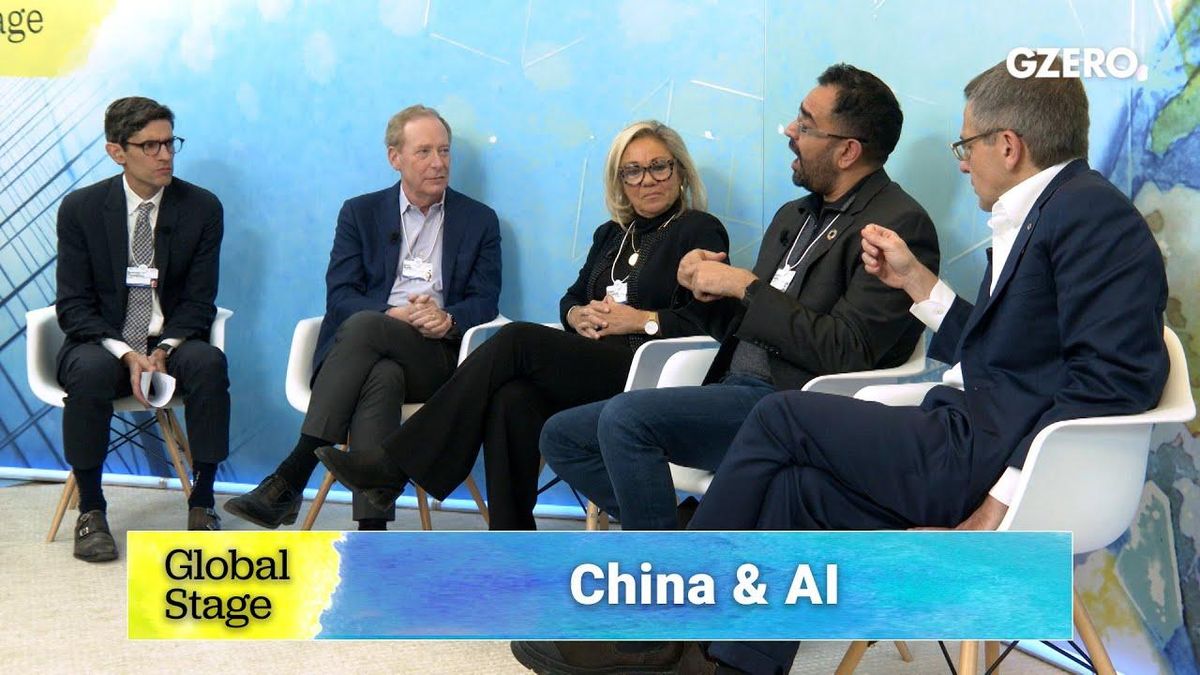China wants order to beat the US in the race to dominate artificial intelligence. But open-ended research? No way — and that's a problem for Beijing.
"If you are in a society where there are certain things that you can't ask, you don't know what you can't ask, and the penalty for asking those things you don't know that you can't ask is very high ... it will start to limit the capabilities of researchers to explore," Azeem Azhar, founder of the Exponential View newsletter, says in a Global Stage livestream conversation hosted by GZERO in partnership with Microsoft.
Meanwhile, he adds, the US or Europe are freer societies where culture wars hurting academic freedom are the biggest threat to AI research.
What does this mean? For Azhar, democracies are ahead because "people have the freedom of thought to think and challenge in their process of research."
Watch the full Global Stage conversation: AI at the tipping point: danger to information, promise for creativity
- The geopolitics of the chips that make your tech work ›
- China's innovation means it's winning, says investor ›
- Podcast: We have to control AI before it controls us, warns former Google CEO Eric Schmidt ›
- Be more worried about artificial intelligence ›
- Can the US stay ahead of China on AI? - GZERO Media ›


















